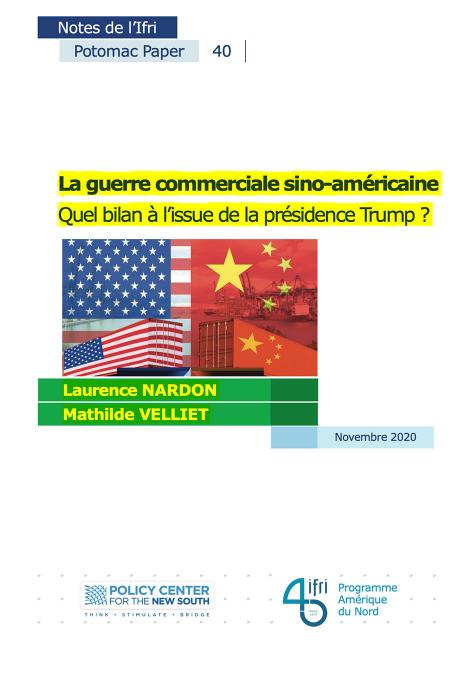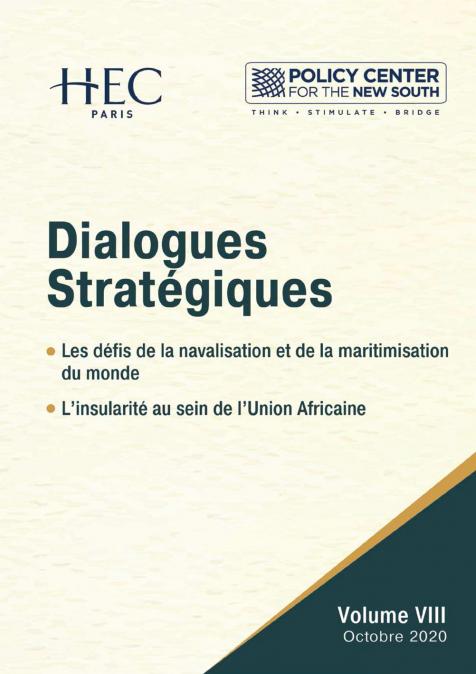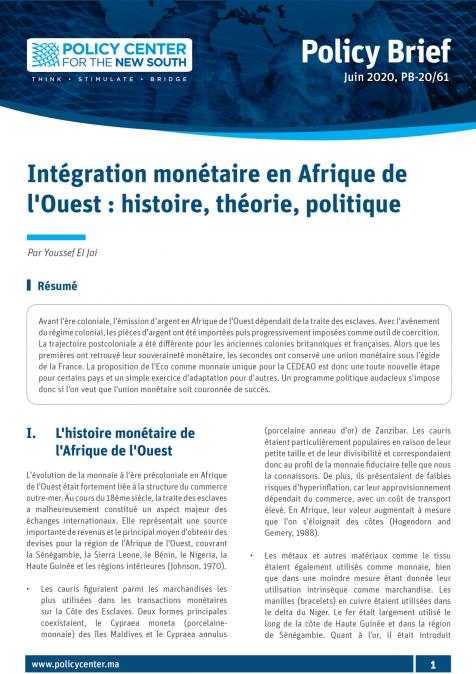Publications /
Opinion
Can a G7, dominated by developing nations, provide the impulse to global governance as did the old G7? The answer is no.
What a difference ten years can make. It was nearly ten years ago when, in a paper written with Benn Stancil and titled “The World Order in 2050,” he and I predicted that by 2030 — in 11 years from now — five of the seven largest economies of the world would be drawn from the ranks of developing countries as defined by the World Bank at the time of our writing.
As we believed then, only the United States as No. 2 and Japan as No. 4 would represent the advanced countries among the new G7 (as measured by their respective GDP), with Japan dropping out of that group in 2050.
China, we predicted, would be the world’s largest economy, and India would be No. 3. The other countries in the new G-7 would be Brazil, Mexico and Russia. Our 2030 forecast will probably be proven wrong. If I were revising the forecast today, Indonesia, the Philippines or Nigeria might challenge Mexico, Russia and Brazil for a slot in the new G7 in 2030. However, the main message remains – the G7 in 2030 will bear little, if any, resemblance to the old G7 composed only of advanced nations.
Population size = economic power
The projection that developing countries will overtake the advanced countries in economic importance is based on simple reasoning. Essentially, developing economies are home to more than 80% of the world’s people of working age. Their level of productivity is only a fraction of that of the advanced nations at the present time, but they are catching up. In most developing countries, this catch-up will occur gradually, as they absorb technologies, norms and institutions that the advanced nations developed and adopted long ago. This catch-up process is still dynamic enough to give them a significant growth edge.
In addition, all growth in the number of people of working age occurs in developing countries. Developing countries also boasts a higher rate of savings and investment than advanced countries on average. There, an increased share of the elderly and the rising fiscal cost of pensions and health-care contribute to reduced national savings. Due to these factors, in a typical year developing countries now account for about two-thirds of the total growth of world GDP. That also means that international businesses will likely see more new sales in developing than advanced countries in 2019.
Global governance
In light of this tectonic shift, it is important to ask: Can a G7 dominated by developing nations provide the impulse to global governance that did the old G7? The answer is no, for three reasons.
1. There is no clear leader. Starting 75 years ago, led by the United States, the members of the old G7 established the post-war liberal democratic order. The United States and the UK created the World Bank and the IMF in 1944. Much later, a small group created the GATT system which paved the way to the WTO. A host of other international institutions that provide global public goods were created under the old G7. The United States had established its leadership credentials as an enlightened victor in WW2 and a savior of France and the UK. There is no historical legitimacy for a leader such as China. True, China is already the largest economy on a PPP basis, but the United States continues to be the largest economy in terms of current dollars — which are what matter most in international purchasing power — as well as the richest and the most advanced technologically.
The United States also remains the predominant military power and, despite Trump’s many foibles, in many ways a leader in values and norms. Yet, it appears at present that the U.S. government, at least under its current management, no longer wants to lead on many global issues — except in ways that are of immediate and direct interest to the United States. In other words, the United States continues to claim primacy and is determined to preserve its primacy. The United States may no longer want to lead, but it is reluctant to allow others to lead.
2. Developing nations are facing daunting challenges – namely development and poverty reduction, and they do not always see establishing global public goods as a priority. You can argue that this is the wrong course to pursue. After all, developing countries will suffer most from, for example, climate change, the collapse of the WTO, financial instability and the exhaustion of fisheries. But the fact is that these threats — although very real — are less pressing than the imperative of fighting hunger and disease, to provide heat and shelter, to provide clean water and to build transport infrastructure and invest in education. All of those priorities are reflected in the politics of developing countries. In addition, even if the United States did not exist, it is far from clear that nations would coalesce around an emerging leader such as China, nor that China would eagerly take on the mantle.
3. The developing nations are a far more diverse group than the leading advanced countries. The per capita income gap between them can be 10 or 20 to 1, compared to 2 to 1 in advanced countries. Similarly, the absolute size difference between China and nearly all others in the rest of the developing group is far bigger than that between the United States and the other traditional G7. The members of the old G7 also exhibit broadly similar economic structures.
The new G7 may include a market economy such as Brazil and a state capitalist system such as China. It may include resource-based Russia and manufacturer Mexico. The new G7 notably also includes single party authoritarian states such as China, quasi-autocracies such as Russia and democratic Mexico, India and Brazil. These differences translate into different priorities, strategies and visions. This makes coordination difficult and the spontaneous emergence of a single leader unlikely.
A period of transition
The implication is that the next 50 years will, at best, constitute a period of transition in global governance. During this period, the best hope is that today’s large developing nations advance to be richer, more homogenous and respond to their populations’ natural demands for enfranchisement and for accountability. During this long transition, the globe can only be governed — if it can be governed at all — by a condominium of powers, which includes, as a minimum, the United States, China, India, Russia, Japan and some form of European power, whether in the shape of the largest European nations or a more coordinated EU.
More needed than the “G2”
How this condominium evolves is highly uncertain. What is clear is that it will be impossible for global governance in any area to advance without both consent and active coordination between China and the United States. That will be a necessary, not a sufficient condition for global reforms. Also essential will be the coopting, not coercing, of the middle powers which form the remainder of the condominium board members. This tension is most evident today in the struggle of survival of the WTO, the most important single institution underpinning the present liberal economic order.
---------------






